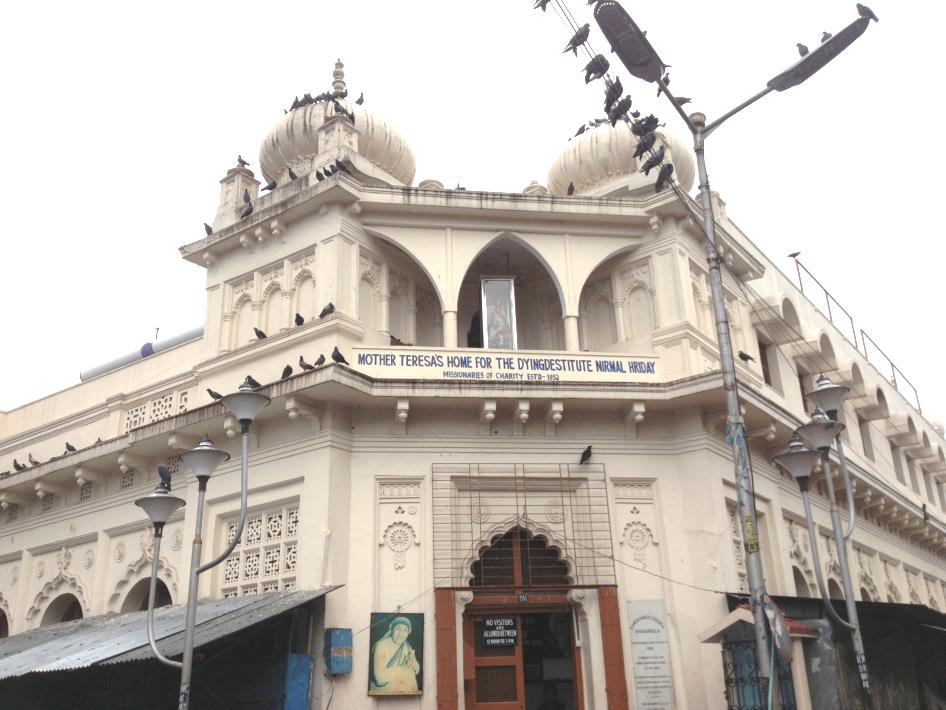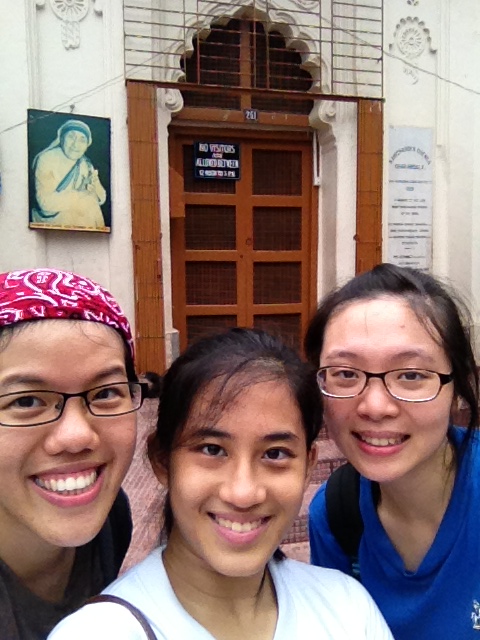Community Oriented Project is part of the Semester 2 medical curriculum in International Medical University under the guidance of the Division of Community Medicine. Under this project, Rachel Quek chose to go to India and work with the terminally ill destitutes. She relates her experience in India here. “Over a span of 2 weeks, I worked with these terminally ill destitutes, most having been picked up from the train station, notorious as a dumping ground for the dead and dying. Throughout the 2 weeks, I felt rejuvenated at India’s vibrancy – walking on its streets, I weaved through wild noisy traffic, ate at roadsides stalls and drank spiced chai amongst the locals, saw families bathing in the open with brown rain water, beggar families huddled on the road with their bag of belongings, took exceedingly crowded public buses and learnt how locals alight by hopping off while it was still moving. Amazingly, in two weeks, I felt so at ease in a country in which I did not speak their tongue, understand their culture, and was not aligned with economically. As foreigners, we inevitably bring in preconceived notions when volunteering. We fail to realize that we cannot claim to understand anything until we have stood in their shoes – the public transport system appears disorganised, but it is in fact an efficient system for locals to get around. I thought that we would meet thefts and dishonest acts, but we met mostly kind-hearted individuals who helped us when we were lost, gave us shelter, etc. I soon realized that we were all equals – only after experiencing their way of life, could I fully respect it. Their way of doing things may be different, but no lesser than ours.
On a normal day, we would start with scrubbing buckets of laundry, then proceed to sit with patients, rub coconut oil on their scalps and massage lotion into their bodies, while singing hymns or “listening” to their stories in Bengali. Then we would help them exercise and stretch their limbs to prevent bedsore. We would then distribute medication and feed lunch (rice, Dahl and mashed banana). After lunch would be toilet trips, cleaning the aunties, and to change bedpans or soiled cloth diapers. I also assisted in dressing wounds, inserting a urinary catheter and NG tube feeding. To end off, we would wash dishes and clean the place. The work was physically and emotionally tough, but very rewarding. In there, the mystery of human suffering meets the mystery of faith and love. In this meeting, deepest questions of human existence are heard. The suffering agonizes: “What is the purpose of suffering? Why must I die?” And the answer is honest, in actions of compassion: “no one can fully answer your questions or take away your pain, but I just know that you are loved”. Death awakens us to the reality of life that “we come and go both empty handed”. It is sobering, yet cathartic once we accept this fact. In conclusion, I would like to quote a fellow volunteer. He said: “It’s been an experience like no other, a master lecture on humanity, religion, friendship, love, dignity, Indian culture, brotherhood and life as a whole. It was an accelerated way of maturing”.”


